Unlocking the Body’s Energy Network: A Comprehensive Guide to the Meridian System
Related Articles: Unlocking the Body’s Energy Network: A Comprehensive Guide to the Meridian System
Introduction
With enthusiasm, let’s navigate through the intriguing topic related to Unlocking the Body’s Energy Network: A Comprehensive Guide to the Meridian System. Let’s weave interesting information and offer fresh perspectives to the readers.
Table of Content
Unlocking the Body’s Energy Network: A Comprehensive Guide to the Meridian System
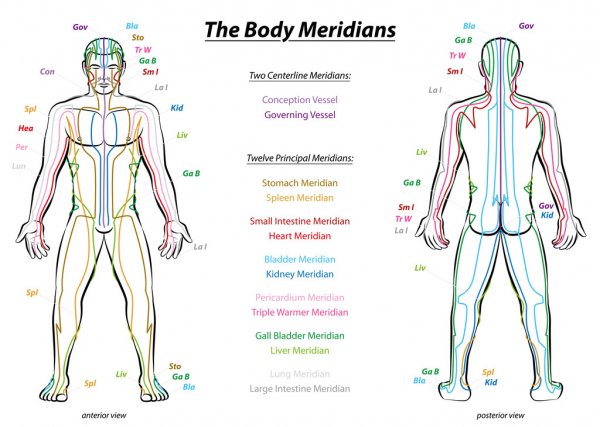
The human body is a complex and intricate network of systems working in harmony. Beyond the physical structures we can see and touch, traditional Chinese medicine (TCM) proposes an unseen energetic framework: the meridian system. This system, comprised of pathways known as meridians, is believed to govern the flow of vital energy, or "qi," throughout the body, influencing both physical and mental well-being.
Understanding the Meridian System
Imagine a network of invisible rivers flowing throughout the body, carrying vital energy to nourish and sustain every organ, tissue, and cell. These rivers are the meridians, pathways that connect specific points on the body’s surface, forming a complex energy map.
Each meridian is associated with a specific organ or function, and imbalances in the flow of qi along these pathways can manifest as physical or emotional symptoms. For example, the Lung meridian, which runs along the arm and chest, is linked to respiratory health and emotional well-being. A blockage in the Lung meridian might lead to shortness of breath, anxiety, or even skin problems.
The Twelve Principal Meridians
The meridian system encompasses twelve principal meridians, each linked to a specific organ system:
- Lung Meridian: Associated with the lungs, skin, and respiratory system. It influences breathing, immunity, and emotional regulation.
- Large Intestine Meridian: Connects to the large intestine and digestive system. It governs elimination, detoxification, and the ability to let go.
- Stomach Meridian: Runs along the front of the body, influencing digestion, appetite, and overall energy levels.
- Spleen Meridian: Related to the spleen and pancreas, impacting digestion, absorption, and blood production. It also influences mental clarity and focus.
- Heart Meridian: Located on the inner arm, it governs circulation, emotional well-being, and mental clarity.
- Small Intestine Meridian: Connects to the small intestine and influences digestion, absorption, and the ability to process information.
- Bladder Meridian: Runs along the back of the body, influencing the urinary system, fluid balance, and overall energy levels.
- Kidney Meridian: Located on the inner leg, it governs the kidneys, adrenal glands, and overall vitality. It also influences fear and anxiety.
- Pericardium Meridian: Protects the heart and influences emotional stability, mental focus, and joy.
- Triple Warmer Meridian: Regulates temperature, body fluids, and overall energy levels. It is also linked to the endocrine system.
- Gallbladder Meridian: Located on the side of the body, it influences digestion, decision-making, and courage.
- Liver Meridian: Runs along the inner leg and foot, influencing the liver, detoxification, and emotional regulation. It is associated with anger and frustration.
Beyond the Twelve Principal Meridians:
In addition to the twelve principal meridians, TCM also recognizes eight extraordinary meridians, which play a vital role in regulating the flow of qi and connecting the principal meridians. These extraordinary meridians are:
- Governing Vessel: Runs along the back of the body, connecting the head to the tailbone, influencing the central nervous system, and regulating the flow of qi throughout the body.
- Conception Vessel: Runs along the front of the body, connecting the pubic bone to the chin, influencing the reproductive system, and supporting overall vitality.
- Du Meridian: Runs along the back of the body, connecting the base of the spine to the top of the head, influencing the central nervous system, and regulating the flow of qi throughout the body.
- Ren Meridian: Runs along the front of the body, connecting the pubic bone to the chin, influencing the reproductive system, and supporting overall vitality.
- Chong Meridian: Runs through the center of the body, connecting the reproductive organs to the chest, influencing the flow of qi throughout the body and supporting overall vitality.
- Dai Meridian: Encircles the waist, regulating the flow of qi to the abdominal organs and supporting overall vitality.
- Yin Qiao Meridian: Connects the spleen to the lungs, influencing the digestive system and the immune system.
- Yang Qiao Meridian: Connects the kidneys to the bladder, influencing the urinary system and the endocrine system.
The Importance of Meridian Balance
The meridian system is crucial for maintaining overall health and well-being. When qi flows freely along these pathways, the body functions optimally, promoting physical vitality, emotional stability, and mental clarity. However, factors like stress, injury, poor diet, or emotional trauma can disrupt the flow of qi, leading to imbalances and potential health issues.
Benefits of Understanding the Meridian System
Understanding the meridian system provides valuable insights into the body’s complex energy dynamics. This knowledge can empower individuals to:
- Identify and address potential imbalances: By recognizing the symptoms associated with specific meridians, individuals can identify potential imbalances and seek appropriate solutions.
- Promote holistic health: The meridian system emphasizes the interconnectedness of the body and mind. Understanding this interconnectedness encourages a holistic approach to health, addressing both physical and emotional well-being.
- Support natural healing: Traditional Chinese medicine techniques, such as acupuncture, acupressure, and herbal medicine, work by influencing the flow of qi along the meridians, promoting natural healing and restoring balance.
- Enhance self-awareness: By learning about the meridian system, individuals can gain a deeper understanding of their own body and its subtle energy flow, fostering greater self-awareness and promoting overall well-being.
Exploring the Meridian System: A Practical Guide
Acupuncture: Acupuncture is a traditional Chinese medicine technique that involves inserting thin needles into specific points along the meridians. This practice stimulates the flow of qi, promoting healing and restoring balance.
Acupressure: Acupressure involves applying pressure to specific points along the meridians, similar to acupuncture but without needles. This technique can also stimulate the flow of qi and promote healing.
Qigong: Qigong is a mind-body practice that involves gentle movements, breathing techniques, and meditation. It is believed to cultivate and balance qi, promoting overall well-being.
Tai Chi: Tai Chi is a gentle form of exercise that involves slow, flowing movements and deep breathing. It is known for its calming effects and ability to improve balance, flexibility, and circulation.
Herbal Medicine: TCM uses various herbs to address imbalances in the meridian system. These herbs can be taken in the form of teas, tinctures, or capsules.
Diet and Lifestyle: Certain dietary choices and lifestyle habits can also influence the flow of qi along the meridians. A balanced diet, regular exercise, and stress management techniques can help maintain optimal energy flow.
Frequently Asked Questions
Q: How do I know if I have a meridian imbalance?
A: Meridian imbalances can manifest in various ways, including physical symptoms such as pain, stiffness, fatigue, and digestive issues, as well as emotional symptoms like anxiety, depression, and irritability. Consulting a qualified TCM practitioner can help identify potential imbalances.
Q: Can anyone benefit from meridian therapy?
A: Meridian therapy can be beneficial for individuals seeking to improve their overall health and well-being. It can be particularly helpful for those experiencing chronic pain, stress, anxiety, digestive issues, or other health concerns.
Q: Is meridian therapy safe?
A: When practiced by a qualified practitioner, meridian therapy is generally safe. However, it is important to consult with a licensed TCM practitioner to ensure the appropriate treatment plan is chosen.
Tips for Maintaining Meridian Balance
- Practice mindfulness and stress management techniques: Stress can significantly disrupt the flow of qi. Incorporate mindfulness practices like meditation, deep breathing exercises, or yoga into your daily routine.
- Eat a balanced diet: A diet rich in fruits, vegetables, and whole grains provides the necessary nutrients to support optimal energy flow.
- Engage in regular exercise: Exercise helps stimulate circulation and promotes the flow of qi throughout the body.
- Get enough sleep: Adequate sleep is essential for the body to repair and rejuvenate, ensuring optimal energy flow.
- Avoid excessive alcohol and caffeine: These substances can disrupt the flow of qi and lead to imbalances.
Conclusion
The meridian system, as described by TCM, offers a unique perspective on the body’s energy dynamics. By understanding this complex network of pathways, individuals can gain insights into the interconnectedness of their physical and emotional well-being. Utilizing meridian therapy techniques and incorporating lifestyle practices that support energy flow can promote overall health, vitality, and a sense of balance. Embracing this ancient knowledge can empower individuals to take a more holistic approach to their health and well-being, unlocking the body’s natural healing potential.
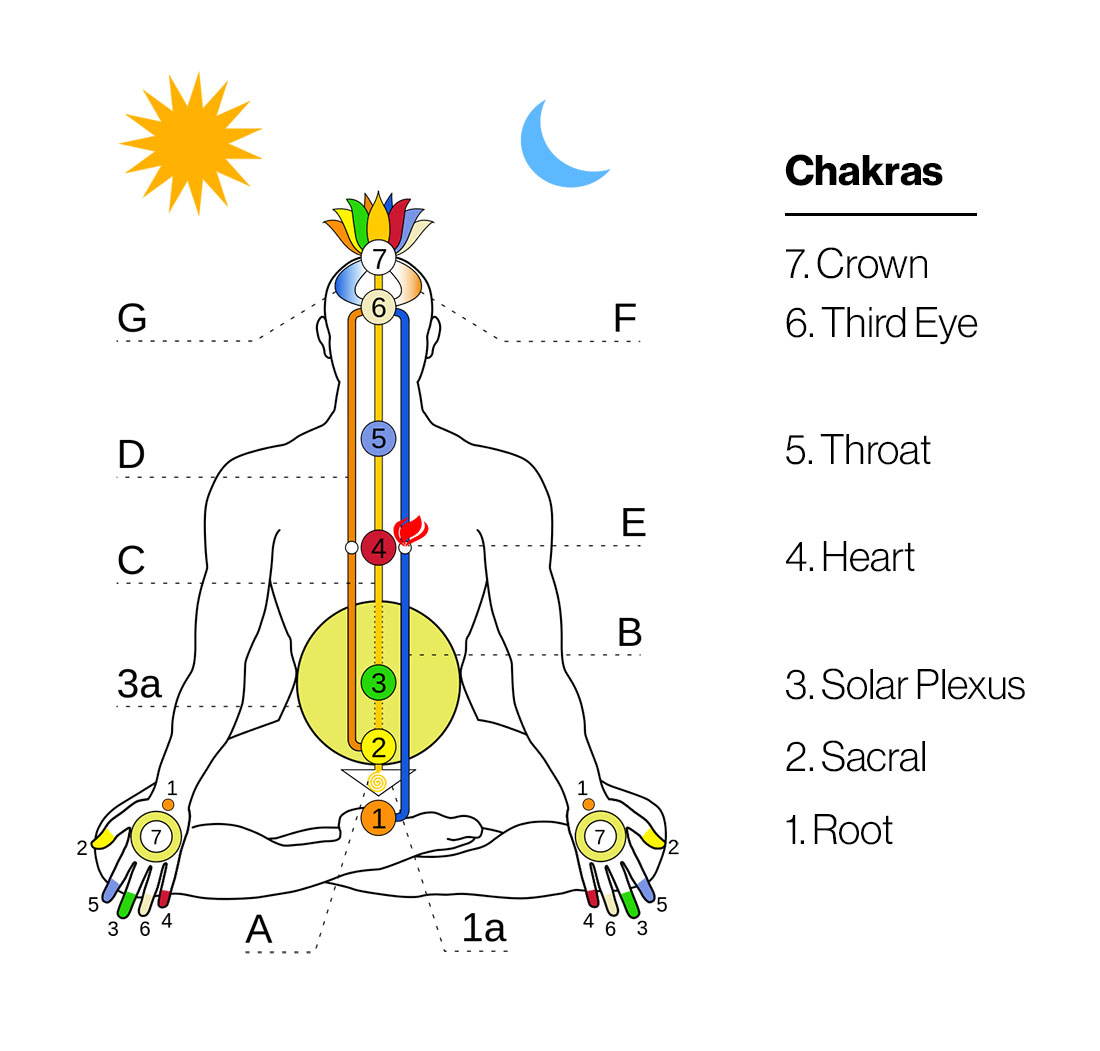
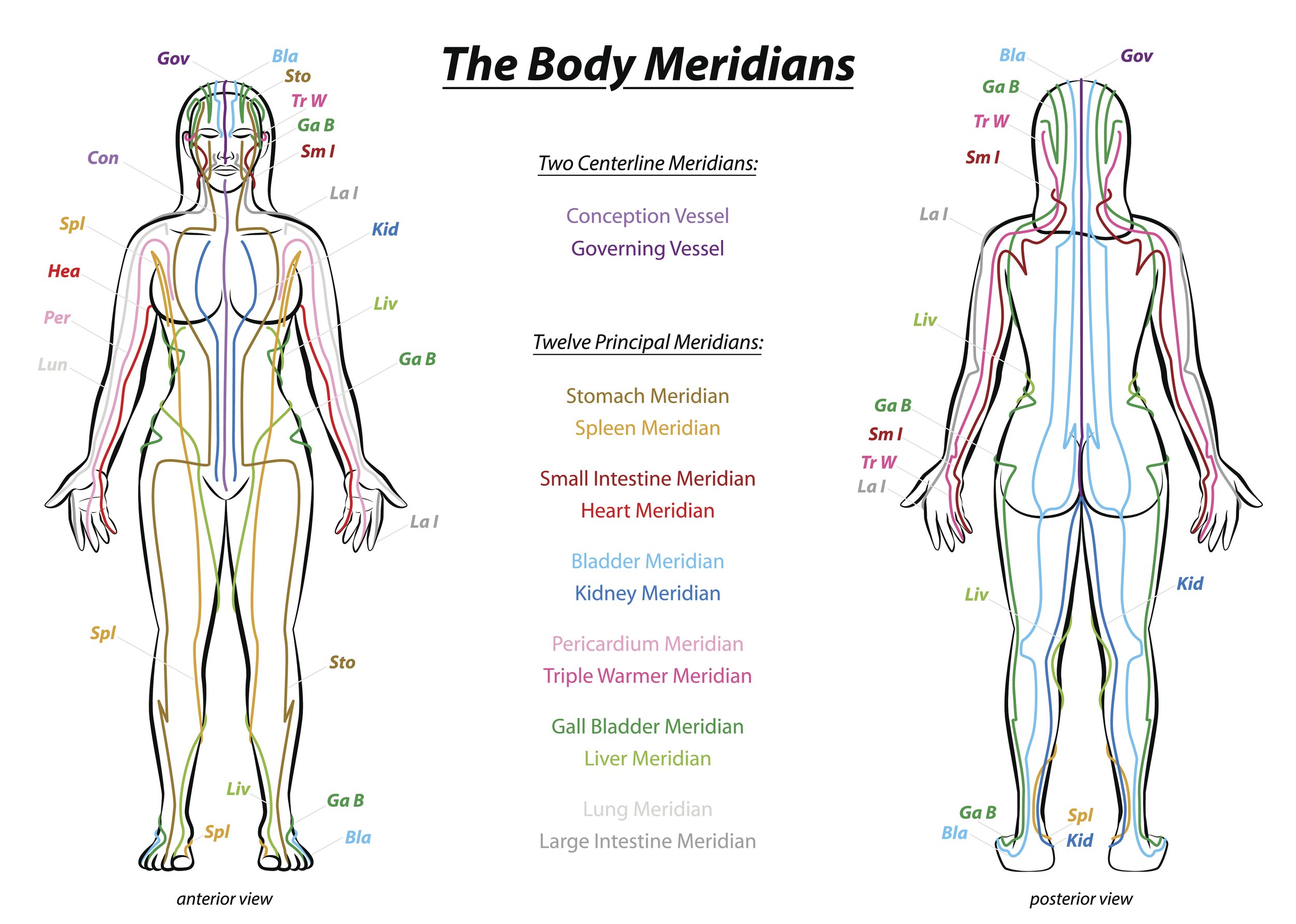

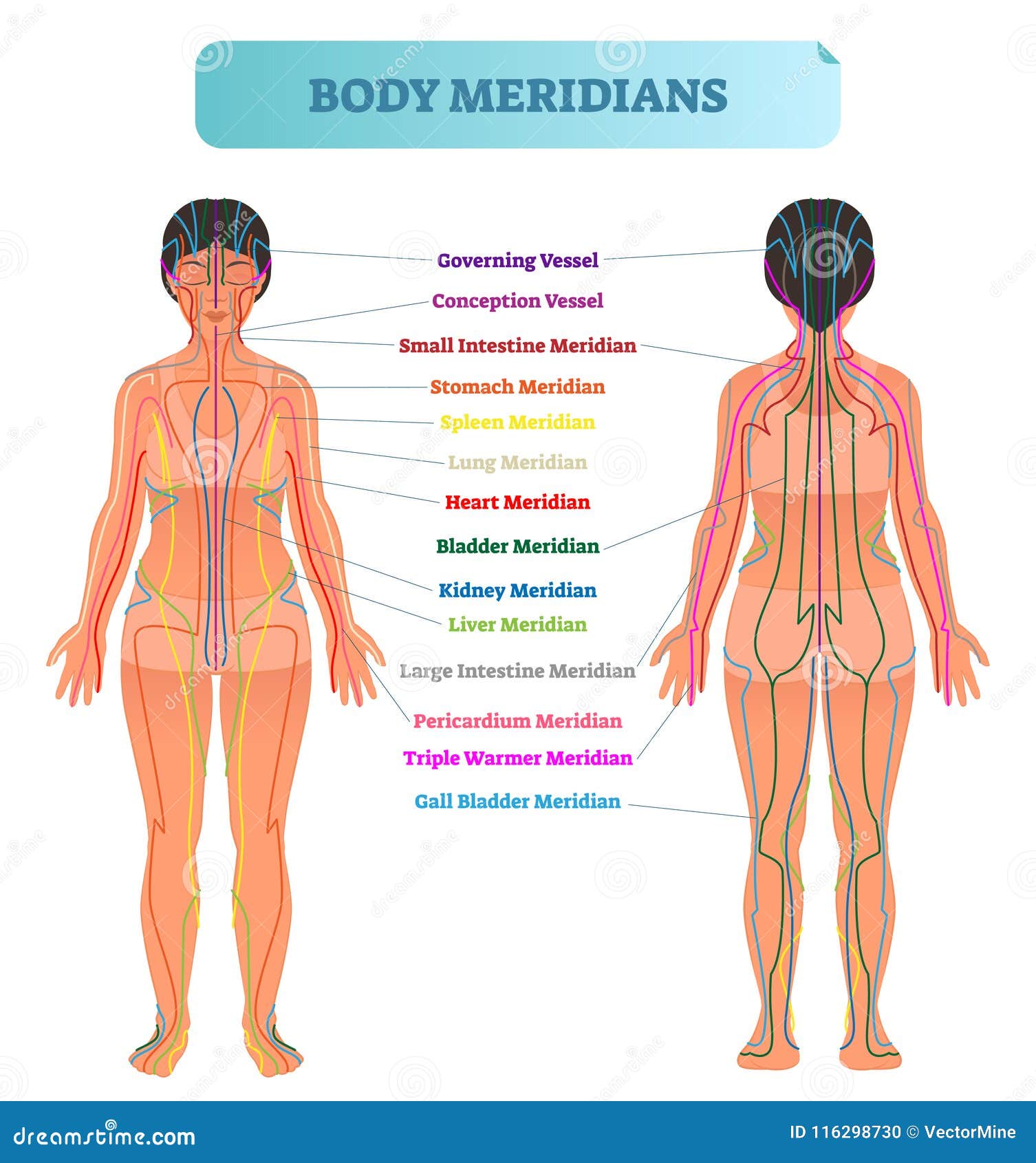
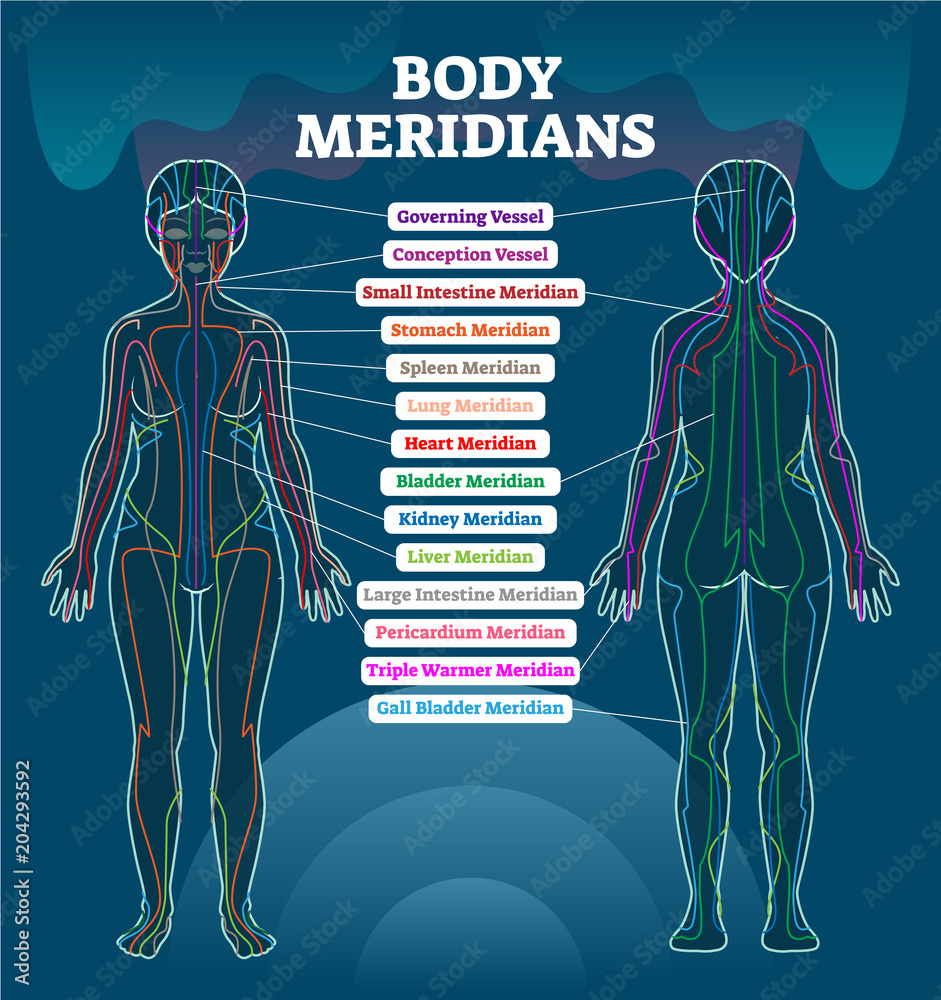


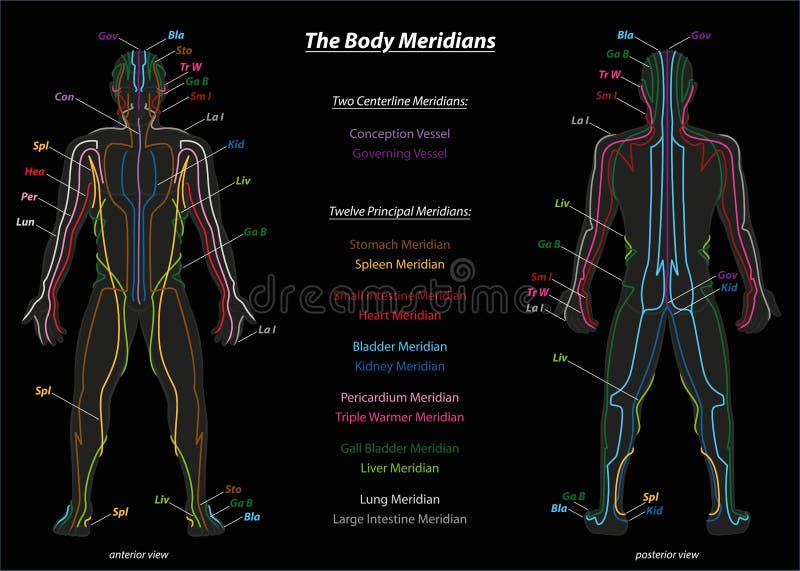
Closure
Thus, we hope this article has provided valuable insights into Unlocking the Body’s Energy Network: A Comprehensive Guide to the Meridian System. We thank you for taking the time to read this article. See you in our next article!